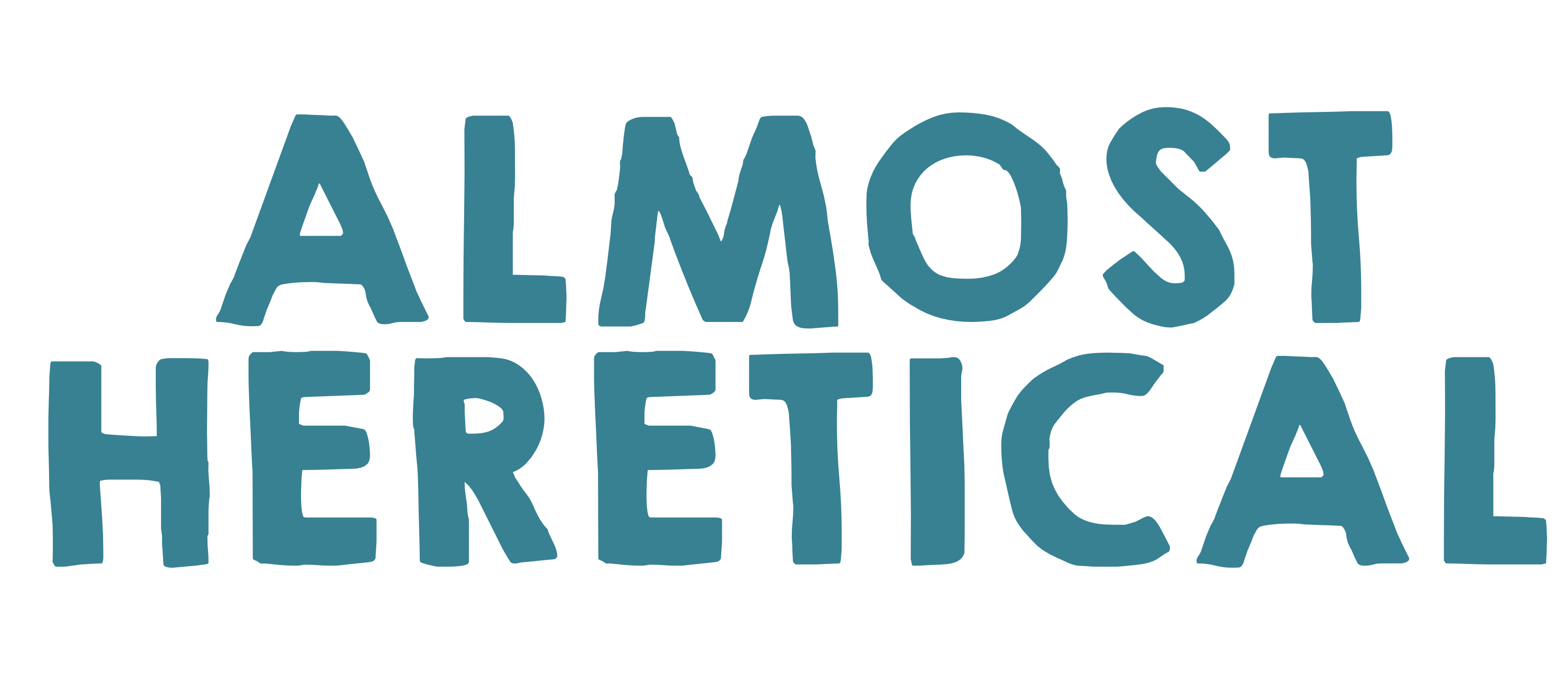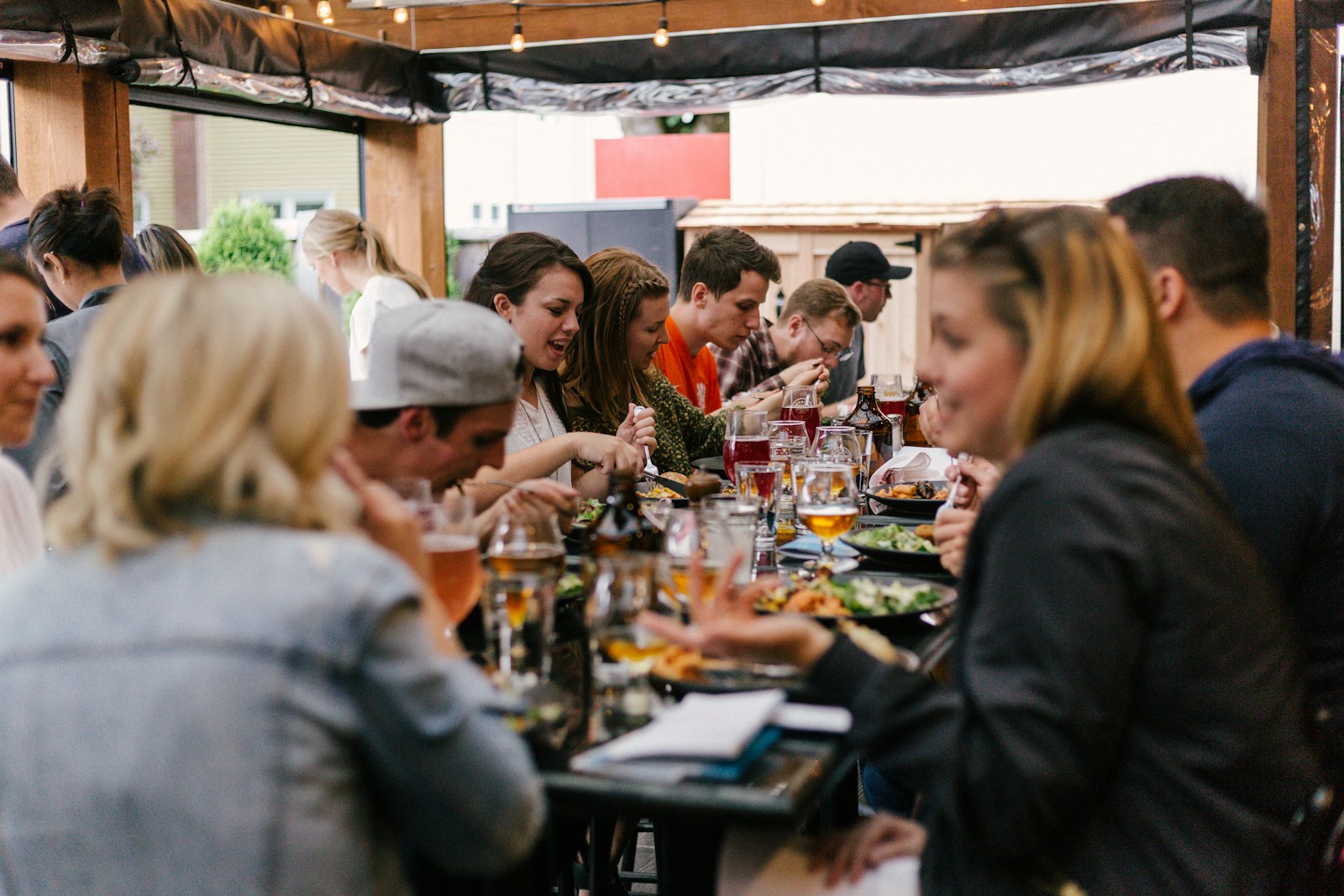As the United States faces a pivotal election between Kamala Harris and Donald Trump, Nate and Shelby delve into the broader themes surrounding political and ideological tribalism that often accompany election seasons. Reflecting on the show’s origins, they recall how Almost Heretical began in response to the 2016 election, when many in the evangelical community unexpectedly rallied around Donald Trump. This surprise outcome was a catalyst for deconstructing not only traditional beliefs but also political affiliations.
In this episode, they examine how certain liberal or progressive spaces have become rigidly defined, creating what they’ve termed “neo-fundamentalism.” Drawing parallels between this form of ideological conformity and the religious fundamentalism many of them left, Nate and Shelby discuss how both groups can sometimes discourage open dialogue and stifle intellectual growth. This fundamentalism, they argue, manifests when people feel compelled to adopt a predetermined set of beliefs without question—or risk being ostracized from the community.
Nate and Shelby explore ways to foster genuine curiosity, intellectual humility, and growth over the need to conform to a single ideological stance. They encourage listeners to challenge their assumptions, seek diverse perspectives, and engage in civil discourse that respects the complexity of each person’s journey. The discussion centers on how to resist the pull of us-versus-them thinking, allowing for nuanced beliefs that don’t fit neatly within conservative or progressive boxes.
Takeaways
- Almost Heretical started in 2016 as a space to question faith and politics, inspired by the 2016 election.
- Neo-fundamentalism describes the restrictive belief systems that can emerge in progressive spaces, creating new forms of dogma.
- Both conservative and liberal spaces can become rigid tribes, discouraging dissent and echoing the exclusion of traditional faith communities.
- Humility and curiosity allow for real growth and let us engage with others who think differently.
- Fundamentalism feels secure but limits our ability to engage in open, constructive conversations.
- In a divided world, civil discourse is essential for understanding and progress.
- Almost Heretical aims to welcome diverse perspectives, especially on the intersections of faith, politics, and society.
- Our mission is to seek wisdom over certainty, fostering openness and exploration over rigid ideology.

